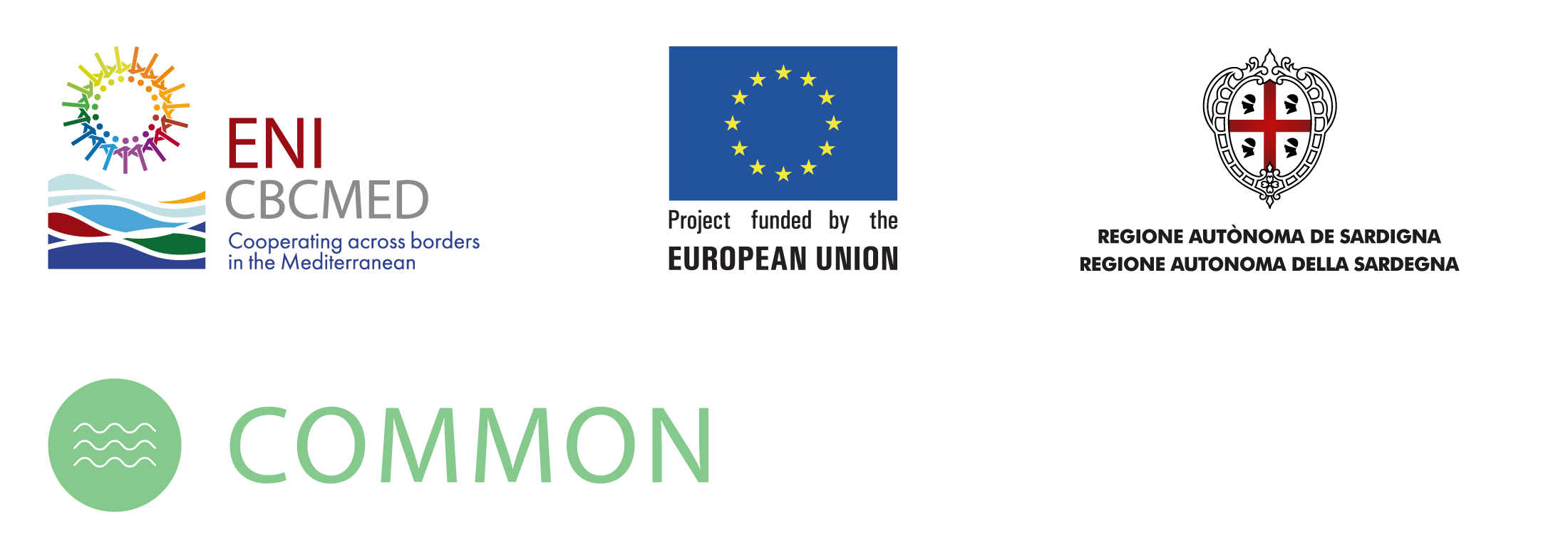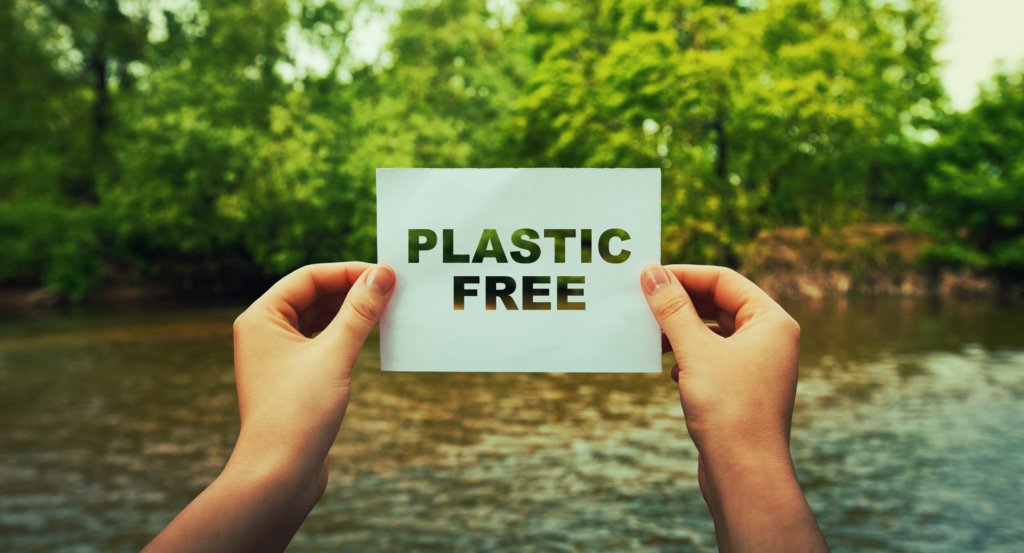A small step forward from the Italian government in the fight against the marine litter. The Italian Chamber of Deputies approved at the beginning of the month the European delegation law which transposes 39 European directives into our system, including the one that restricts the use of certain disposable items (known as the SUP Directive). The bill now returns to the Senate for the second reading. Compared to the EU text, the Italian transposition law introduces two innovations: the first is the inclusion of plastic cups among the disposable products subject to a reduction in use; the second is the opening to disposable articles in compostable plastic certified conforming to the standard where the use of reusable alternatives to single-use plastic products is not possible.
The EU Directive 2019/904 was approved by the European Parliament in 2019. It introduces a ban on the sale of cotton buds for cleaning the ears, disposable plates and cutlery, straws, mixers for drinks and rods for balloons, in addition to all disposable plastic items and containers with or without expanded polystyrene (EPS) lids for immediate consumption (fast-food) or take-away (take-away) of food without further preparation.
Legambiente, coordinator of the COMMON project, said: “The approval of the law is a step forward, even in the fight against marine litter. Now there is only one last passage in the Senate and then it will pass to the Government for the definitive transposition of the directive. We will continue to keep the attention high and press for this to happen as soon as possible, but we must not forget that we too can contribute to reducing the consumption of disposable plastic with our daily behaviors. As the data from our surveys show, disposable waste represents 42% of that present on our beaches ».
Every year, the beaches and the seabed of the Mare Nostrum collect more than 8 tons of waste, of which over 80% is plastic: from bottle caps to toys, from cotton buds to bags. Human activities and poor waste management on land are, as is now known to most, among the main causes of stranded waste.
This year on the occasion of the Clean Up The Med campaign, which will start on the weekend of May 14, the COMMON project will allow the monitoring and collection of data useful for analyzing the health status of the Mediterranean: the kilos and the type of waste collected during each appointment will be processed and made available on the www.commonproject.it, a portal created to collect information and tools on the problem of marine litter in the Mediterranean Sea and to enhance the importance of protecting our sea and the biodiversity it preserves.

